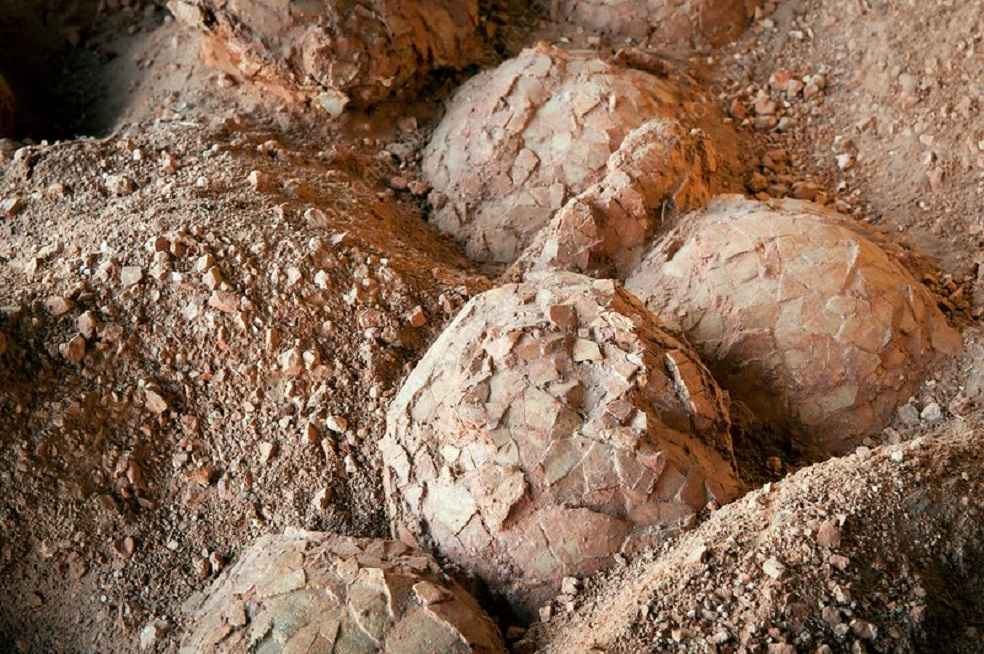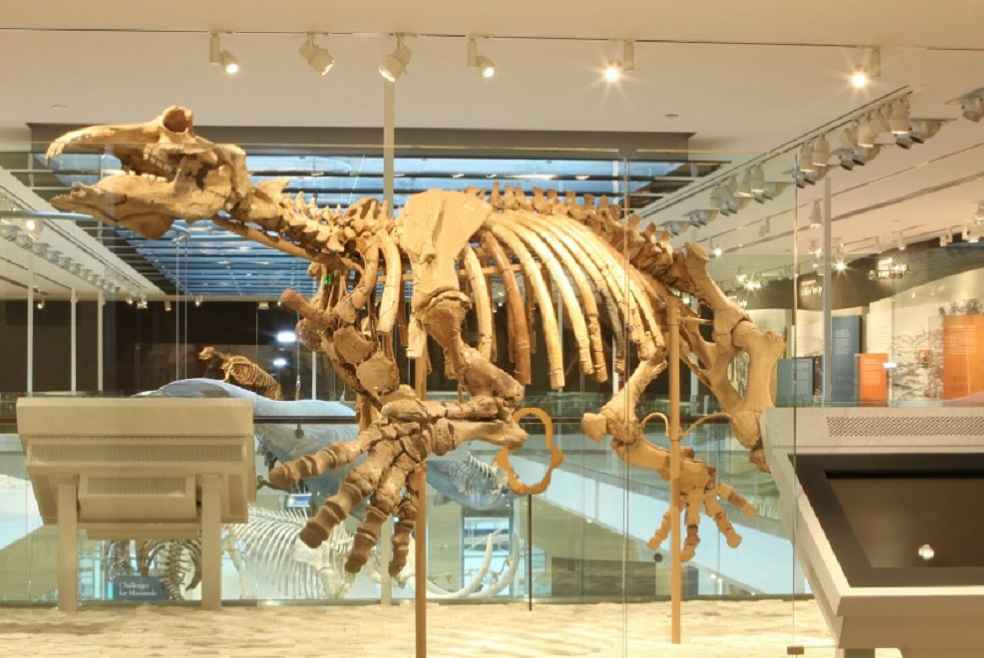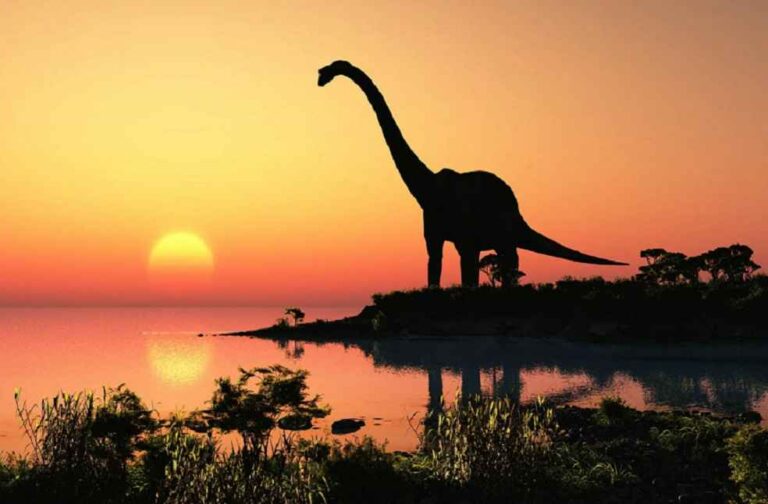Beijing, China: A recent analysis conduced on 1,000 eggshells found in central China have guided Chinese scientists into an extraordinary conclusion that dinosaurs were already on the decline before their extinction 66 million years ago.
The eggshells found in the 150-meter-thick rock layers represented only three species of dinosaur eggs found in the ecosystem since the last 2 million years of the Cretaceous period, showing a clear decline in biodiversity compared to the older fossil record.
It is assumed that global climate fluctuations and massive Deccan Traps volcanic eruptions in India reduced diversity and few dinosaur lineages at the end of the Mesozoic Era, exposing the reptiles to a 10 km wide mass asteroid strike in Mexico.

The ability to adapt and recover from sudden changes in the environment was eventually lost. Dinosaurs went extinct gradually over millions of years, instead of coming to an abrupt end from sudden disasters.
Study lead author Mr. Wang Qiang, an associate researcher at the Institute of Vertebrate Paleontology and Paleoanthropology at the Chinese Academy of Sciences, explained.

In an article published recently on Proceedings of the American Peer Reviewed Journal, the researchers elaborated that “Our results support a long-term decline in global dinosaur biodiversity prior to 66 million years ago, which likely set the stage for the end-Cretaceous non-avian dinosaur mass extinction. The end-Cretaceous catastrophic events, such as the Deccan Traps and bolide impact, probably acted on an already vulnerable ecosystem and led to non-avian dinosaur extinction,”
Geologists and paleontologists from the China University of Geosciences in Wuhan and the Chinese Academy of Sciences in Beijing have analyzed more than 1,000 dinosaur eggshells and several intact dinosaur eggs found in the Shanyang Basin in East Qinling, Mountains in Shaanxi Province.



